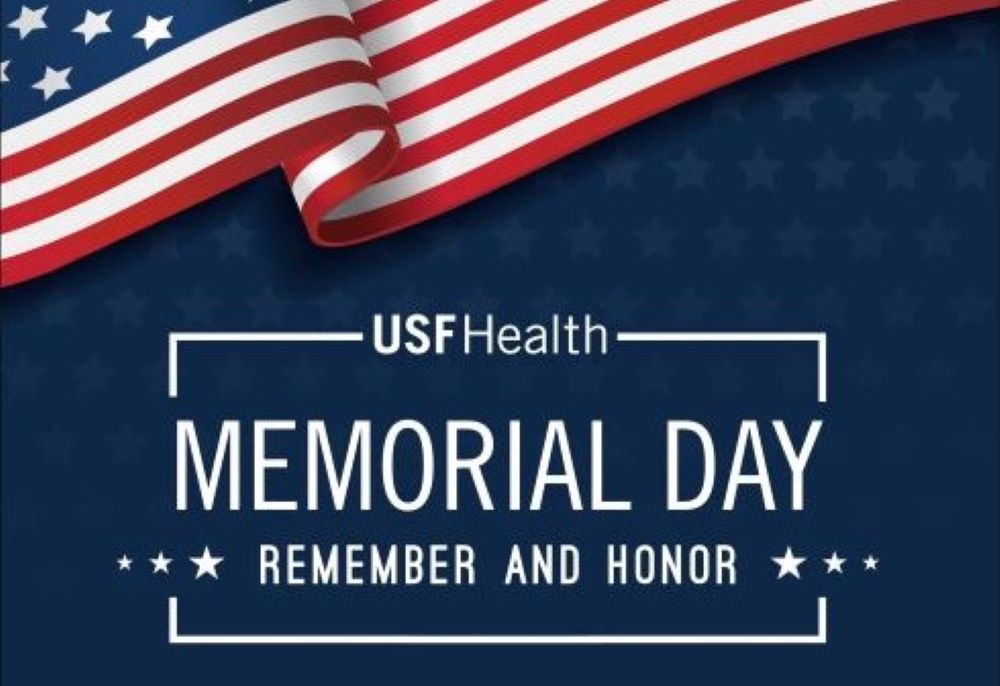A friend once told me a story of sitting at his family’s dinner table, when his father unexpectedly smacked him on the back of the head. “Ow,” he cried. “What did I do?” And his father looked at him intensely and said, “you know what you did.” And indeed, my friend admits that as a boy he knew exactly what he had done, and that he wasn’t surprised to be corrected. I had similar experiences, mostly from my Catholic elementary school teachers, the Sisters of St. Joseph. And I too knew that I needed to be corrected, perhaps more than I care to remember.
I think about these stories as I watch what is happening in America today. Sometimes, we all need some correction. When I was in school, the good Sisters emphasized the essential goodness of America. We recited the Pledge of Allegiance daily, prayed hourly, and learned about a United States where everyone can live free, speak their mind, worship as they like, and pursue happiness and prosperity in a free market economy. Now it seems our daily news, blog feeds and social media are filled with the divisiveness of a nation torn by ideologies, generational and class conflicts, a questioning of free market principles, and radically different responses to world events.
On this Memorial Day, it might be easy to assume that our universities and system of government are broken, that our economic system is failing, our religious faith waning, and that America is flawed beyond repair. And so, I ask all of you: please take a moment to put down your phones and look at real life instead of your digital screens. Did you have a peaceful and orderly commute to work this past week? Are your children’s schools safe and their teachers trustworthy? Can you pursue whatever job for which you are qualified? Voice your political opinion in public? Worship as you please? With just a moment’s introspection, I think most of us would say that those freedoms for which our servicemen and servicewomen gave their last full measure of devotion remain alive and well.
Alas, it is also true that America has never quite lived up to the ideal my teachers portrayed. Our nation has always been a great experiment in liberty, but we live with the stain of past enslavement, Jim Crow, indigenous genocide, and religious intolerance. We have experienced extremes of inequality, bouts of nativism, unjustified wars, and uneven administration of justice. I often remind myself that my Puritan ancestors came here to escape religious persecution in England only to then persecute my Roman Catholic ancestors when they arrived two centuries later. Yet today, these prejudices are almost universally recognized as wrong. And if America hasn’t yet achieved perfection, that’s hardly a reason to despair about our future. Americans continue to enjoy unprecedented freedoms and unparalleled opportunities for advancement in ways that no other country can match. There is a reason people from all over the world are so desperate to cross our borders. Comparatively, how many people are similarly desperate to enter Russia, China, Iran, Cuba, or North Korea? Our nation’s history is one in which millions of immigrants from across the globe have successfully begun their lives anew and prospered. I firmly believe that the warriors who fought our nation’s wars over the last 250 years would, on the whole, be proud to see what we have become.
I started this piece by remembering my friend and his family. He was quite proud of his father and his Italian immigrant history, which certainly had parallels to mine and many other American families. I think of his dinner table as the sort of perfection to which America aspires. Even after being corrected at the table, my friend knew that he was still welcome at home, that he wouldn’t be cast out for stepping out of line, and that he would still be loved even after choosing to speak his mind. The goal of our great American experiment isn’t to make everyone think alike, but rather, to create a nation where all ideas are welcome and can be peacefully considered, accepted, or rejected. I’m also reminded that at USF Health we are committed to having open minds, engaging in critical thinking, actively listening to others with compassion and empathy, and embracing the scientific method. University campuses should not be where ideologies become set in stone but rather where ideas are empirically tested, and strengths, flaws and limitations identified.
And if any of us ever hears someone else claim that another person’s beliefs are invalid simply because they are different, we should remember that our nation’s warriors fought for the right to disagree. Peacefully, that is. My father fought in WWII, enlisting right after Pearl Harbor. The ships he served on attacked German U-boats in the Atlantic and fought in the Battle of Okinawa in the Pacific. Yet my father was also a vocal critic of the Vietnam War. You might not have agreed with his views, but no one could question his patriotism or courage or right to express those views.
America is not perfect … yet. But it’s the job of each generation to strive to make a “more perfect union” -- to be corrected and make corrections. Thus, this weekend I hope each of you will appreciate how lucky we are to live here, and to gratefully remember the warriors who made it possible.
Dr. Lockwood is the executive vice president of USF Health and dean of the USF Health Morsani College of Medicine.
